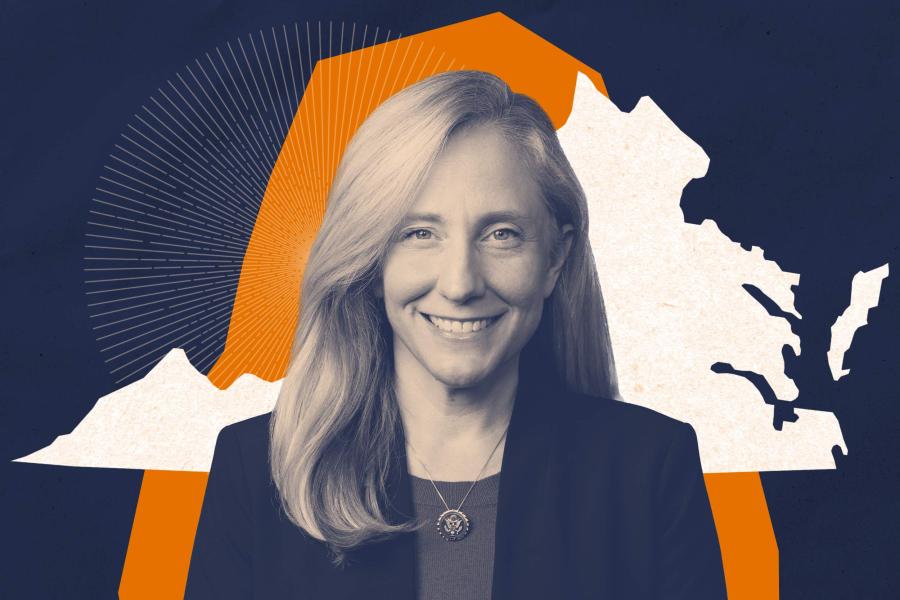Below are responses from four professors from the McIntire School of Commerce. On Thursday, we’ll reveal the predictions we received from four professors within the Darden School of Business.
Kiera Allison – Ramifications of AI
Allison has expertise in communication studies, voice-based rhetoric, and social and collaborative learning.
“For those in the business of writing, the impacts of generative artificial intelligence have been startling and immediate. But if 2023 was about acclimating to what ChatGPT and other large language models can do as writing tools, in 2024 there will be more reckoning with the intellectual and labor costs of these technologies. Hollywood writers’ strikes, copyright lawsuits and new revelations about OpenAI’s outsourcing of content to low-wage overseas workers –questions about creative labor, intellectual property, plagiarism and fair use – are now headline issues with real ramifications for the future of the AI industry.
“In some ways, this is good news for writing. In business and higher ed, we are hearing renewed calls for intelligent, ethical use of AI tools, as well as a broad reevaluation of how we value and assess creativity and intellectual work.
“As an instructor, I’ve witnessed firsthand the curiosity and rigor students bring to their AI collaborations, while navigating their shifting role within the writing process. For all of our concerns about ChatGPT spelling the ‘death of the author,’ its paradoxical impact, so far, has been to galvanize efforts to protect what Jonathan Alexander calls our ‘right to write‘ in the age of AI – and to be fairly compensated for that labor.”
Mike Gallmeyer – Market Changes
Gallmeyer has expertise in finance, microfinance, international finance, asset management, portfolio choice and taxation.
“As a financial economist, I often get asked, ‘What’s the market going to do this year?’ That’s an unanswerable question, given that so many factors drive financial markets in the short run. Yet, after so many years with interest rates basically at zero, which occurred after the global financial crisis and continued through the COVID-19 pandemic, financial markets are busy relearning what life is like when capital is not free.
“First, many of us are again seeing non-paltry interest rates on savings accounts and money markets. Corporations and governments are now seeing an environment with higher debt costs. Some will face hard choices with these higher debt costs hitting balance sheets and government budgets. Finally, the Federal Reserve watching for rate cuts is back in vogue for markets. The evolution of market versus Fed interest rate beliefs is another factor influencing markets again.”
Steven L. Johnson – More Reliance on AI, More Risk
Johnson has expertise in online communities, social media and open innovation, social network analysis, societal impacts of technology, platform-mediated communication, content moderation and ethical application of artificial intelligence.
“Google Search’s reliability as an information source is being challenged by the widespread use of generative AI, like ChatGPT. A tsunami of GenAI-generated content is infiltrating top search results with low-quality sources. In response, people will increasingly turn to AI-powered chat interfaces to find information – not only general-purpose bots like ChatGPT, but also more tailored ones.
“The emergence of specialized chat interfaces focused on specific topics can enhance access to high-quality information, but it’s not risk-free. As companies use bots to share information with employees, partners and customers, we will see more incidents where protected, proprietary or potentially embarrassing information is inadvertently disclosed.”
Ryan Wright – AI’s Increased Role in Cybersecurity
Wright has expertise in IT security and privacy, digital product management and digital innovation.
“The year 2023 marked a significant milestone in the field of artificial intelligence with the advent of technologies such as OpenAI’s ChatGPT, Google’s Baird and Microsoft’s Co-Pilot, earning it the title of ‘The Year of Generative AI.’ As 2024 unfolds, I predict the spotlight will shift to the impact of these technologies on cybersecurity, where Generative AI tools will play a dual role.
“On the one hand, it will become a powerful tool for cybercriminals, especially in the realm of social engineering attacks such as phishing. The ease with which AI can generate convincing, error-free phishing emails poses a new challenge, as it becomes increasingly difficult for users to distinguish between legitimate and malicious communications.
“On the other hand, I predict that Generative AI will offer significant advancements in protecting against cyberthreats. Generative AI will enhance threat detection capabilities, generate complex passwords that are hard to crack, and can automate various security measures, effectively acting as a ‘Security Co-Pilot’ for applications like Outlook. The ongoing battle in the cybersecurity landscape, fueled by the capabilities of Generative AI, is set to be both a challenging and intriguing aspect of the digital world in 2024.”









